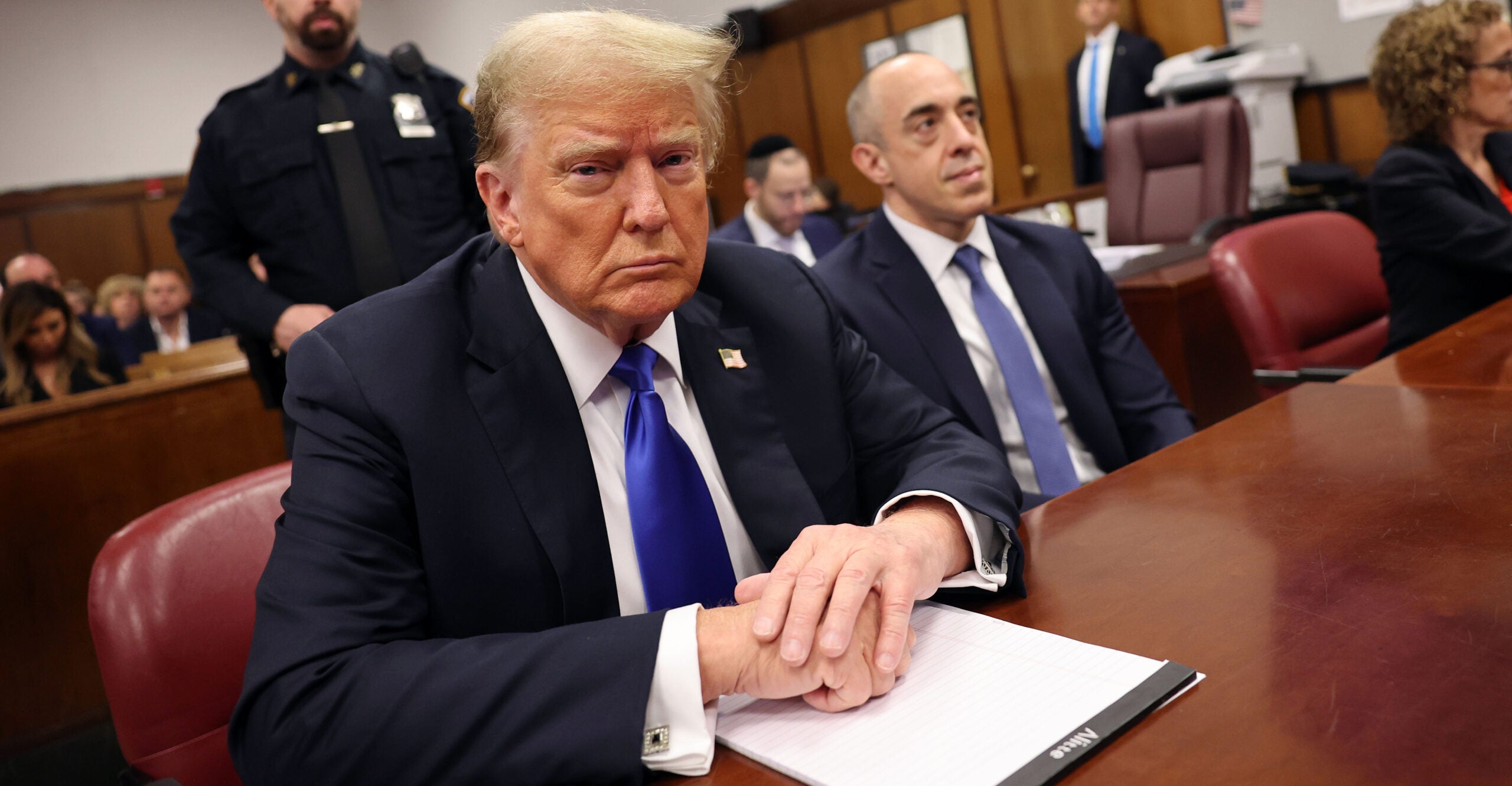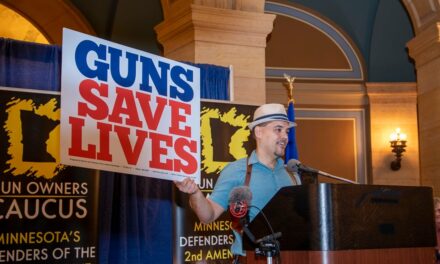We support our Publishers and Content Creators. You can view this story on their website by CLICKING HERE.

Just 10 days before his second inauguration, President-elect Donald Trump’s designation as a convicted felon became official in a New York court.
New York Justice Juan Merchan sentenced Trump to an “unconditional discharge,” meaning no jail time, fine, or other penalty. Such a sentence means it will not likely interfere with Trump’s duties as president. Nevertheless, Trump has denied the allegations and indicated he will appeal—a process that could be lengthy.
Though Trump has been assailed by Democrats and the media as “convicted felon” after the jury verdict last spring, a criminal defendant isn’t formally a convicted felon until a judge enters judgment of guilt at the sentencing, legal experts such as former federal prosecutor Andrew McCarthy and Yale law professor Jed Rubenfeld.
This bookends a remarkable week for Trump of formalizing long anticipated yet historically significant events. On Monday, a joint session of Congress on Monday formally certified Trump’s 2024 election victory. On Friday, the judge finalized a jury’s guilty verdict.
The “unconditional discharge” sentencing effectively amounts to a recognition of the Manhattan jury’s guilty verdict from last spring in Trump’s “hush money” case regarding his alleged affair with porn star Stormy Daniels.
The New York jury convicted Trump on 34 counts of fraud in the case led by Manhattan District Attorney Alvin Bragg.
Late Thursday, Chief Justice John Roberts and Justice Amy Coney Barrett, both Republican appointees, joined the three Democratic appointees Justices Sonia Sotomayor, Elena Kagan, and Ketanji Brown Jackson in a 5-4 ruling.
But the ruling largely locked Merchan into what was previously seen as a suggestion.
“First, the alleged evidentiary violations at president-elect Trump’s state-court trial can be addressed in the ordinary course on appeal,” the order from the high court said. “Second, the burden that sentencing will impose on the president-elect’s responsibilities is relatively insubstantial in light of the trial court’s stated intent to impose a sentence of ‘unconditional discharge’ after a brief virtual hearing.”

 Conservative
Conservative  Search
Search Trending
Trending Current News
Current News 





